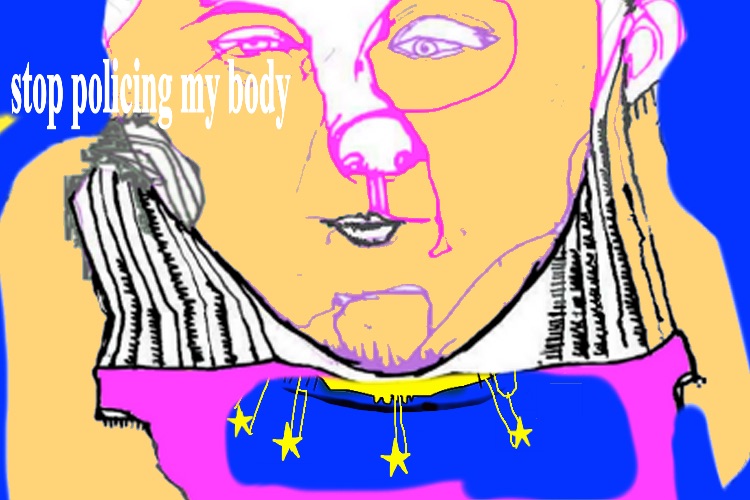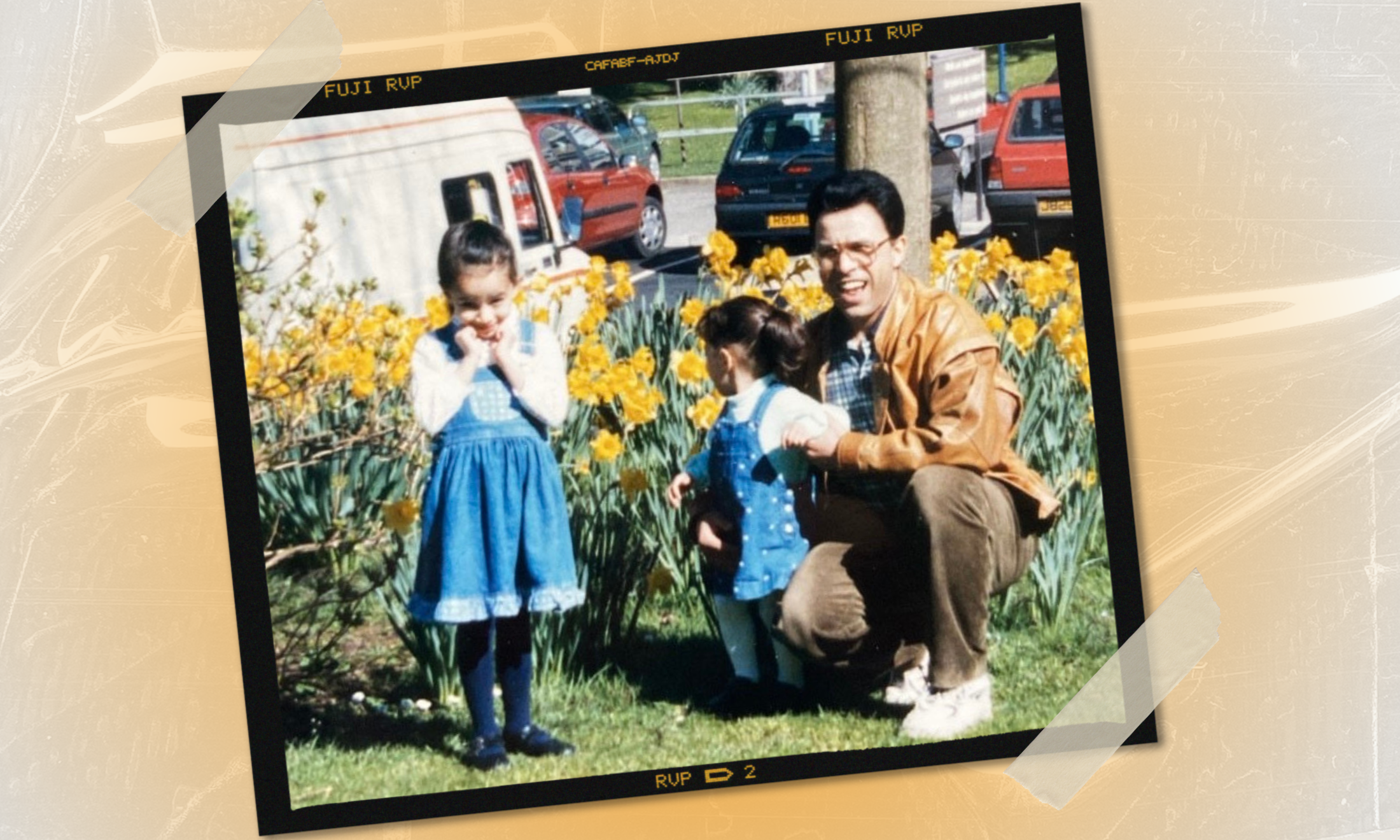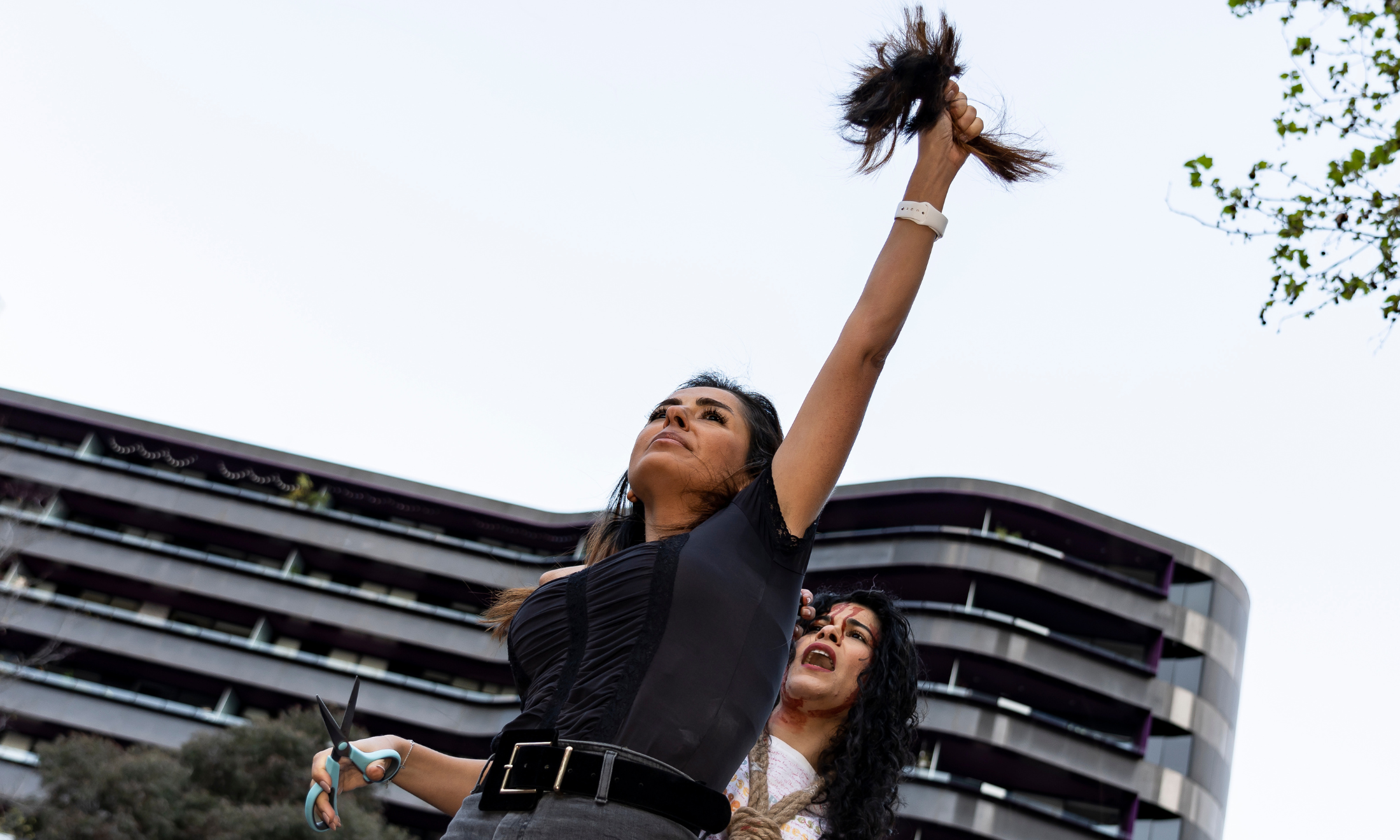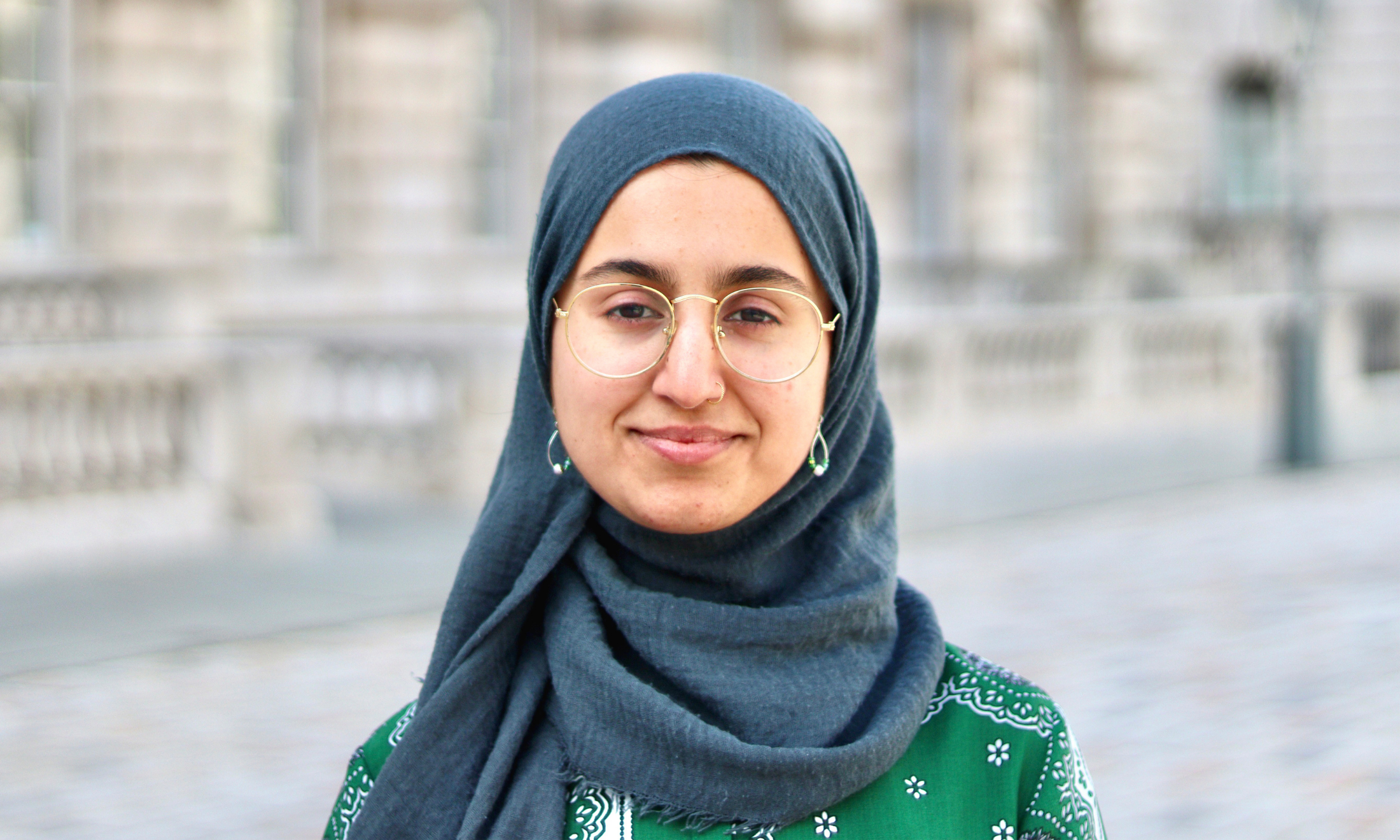
The EU hijab ban contributes to the policing of Muslim women’s bodies
Naomi Joseph and Leah Cowan
25 Mar 2017
In recent years Europe has experienced a distinct and undeniable swing to the political right. The increasing popularity of parties such as the National Front in France, and the Party for Freedom in the Netherlands (which gained seats in elections this month) is accompanied by a shift towards policy-making founded on overt xenophobia, and calls to shut borders and pull up the drawbridge.
Now on a daily, sometimes hourly, basis we are confronted with a barrage of bad news created by these politicians (I use that term loosely) who pursue their anti-immigrant causes with rampant delight. The most recent nugget of depressing news is the ruling by the European Court of Justice (ECJ) allowing companies to ban staff from wearing headscarves.
So what is exactly happening here? How can the ECJ so obviously discriminate against Muslim women? Are there no bodies left that will defend the basic civil rights of those who believe in Islam? The ECJ’s press release read: “[Prohibiting] the visible wearing of any political, philosophical or religious sign does not constitute direct discrimination.” The statement reveals a blatant disregard for the political climate in which we live, one in which Islamophobia runs rife, meaning that Muslims are disproportionately discriminated against.
Under the ruling, not only must the hijab go, but workers will also have to put away their crucifixes, kippahs, and their turbans. However, while all religions are affected, the context of this ruling is unarguably one in which Muslim women’s bodies are already routinely policed and vilified by state forces. What this ruling has done is continued the trajectory of making that discrimination, previously pervasive but in some cases illegal, legitimate. Legitimate by the word of Europe’s highest court.
I can’t help but wonder about the added animosity that this ruling will drive towards Muslims in the workplace. The ruling came off the back of two cases brought to the European Court of Justice by women who were fired because of their choice to wear the hijab at work. The first was referred to the ECJ by the Belgian courts and involved receptionist Samira Achbita who has been fired from G4S’s Belgian Branch for refusing to remove her headscarf. The second, and more shocking, was that of Asma Bougnaoui. The design engineer at French IT consultancy firm Micropole was fired after a customer complained of being “embarrassed” by her wearing a headscarf.
While this is the first time the ECJ itself has waded in on issues about headscarves in the workplace, this isn’t the first time that a European court has made a ruling on a worker’s right to wear a religious symbol. In 2013 Nadia Eweida, a white British woman, filed a suit against British Airways for denying her the right to wear a crucifix as part of her uniform. Unsurprisingly, she won her case at the European Court of Human Rights (ECtHR) and was awarded €2,000 in compensation. The hypocrisy is gross but sadly not shocking. What really separates these cases is nothing bar the social acceptability of one religion against the growing hatred towards another.
The headscarf is the most easily targeted symbol of Islam, the most visible symbol, and has been subject to continual attempts to quash it. To name a few: in 2011 there was France’s Republican candidate for the upcoming election François Fillon’s burqa ban, which was upheld by the ECtHR in 2014 in the name of “living together”. This summer it reared its ugly head again on France’s beaches with the burqini. Then this past December, Angela Merkel enacted her own partial ban. However, this ruling by EU is the biggest ban yet covering the whole of the EU and the loudest that “we don’t want your sort here”.
Unsurprisingly, the characters of Europe’s right declared their love for the ECJ’s recent ruling loudly and passionately – unsubtly praising how it targets Muslim women. “An immense relief, not just for thousands of companies but also for their workers,” said Fillion, welcoming the “social peace” and “cohesion” that he believed this ruling would achieve. In Germany, the leader of right-wing populist party Alternative für Deutschland, Georg Pazderski, joined in the anti-Muslim fervour saying: “Of course companies have to be allowed to ban the wearing of headscarves.”
But let’s be real: when Fillon claims to strive for “social peace” what he means is a white-washed world where what he considers “other” doesn’t exist. Social division, not cohesion, is what racist politics and policy-makers are trying to create. They want to go back to a time where their mythical monoculture wasn’t confronted by characters that they deemed threatening to their way of life. However, regression is not progression, and if politicians and ruling bodies continue along this road, we all hurtle down the trajectory of “social cohesion” being ever less attainable.

Britain’s policing was built on racism. Abolition is unavoidable

How Pakistan’s Khwaja Sira and transgender communities are fearing and fighting for their futures

Their anti-rape performance went viral globally. Now what?






